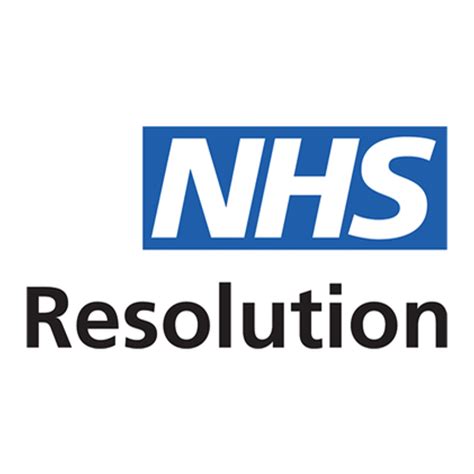In 2018, 35% of LGBTQ+ staff reported hiding their sexuality at work for fear of discrimination, according to Stonewall. Staff networks help improve inclusion, encouraging collaboration between colleagues and allyship to support LGBTQ+ colleagues. Ian Adams is the Director of Engagement at NHS Resolution. He reflects on his experience as an Equality Diversity and Inclusion Champion and discusses the positive impact staff networks are having at NHS Resolution.

What my role has taught me
Through my direct experience as a senior equality, diversity and inclusion (EDI) champion, I think it’s fair to say that there’s no single way to deploy best practice workforce inclusion policies. A lot will depend on your organisation context and, in particular, where your organisation is on its EDI journey.
My employer, NHS Resolution, has taken a multi-pronged approach to supporting and promoting equality and inclusion among its workforce, including those like myself who identify as LGBTQ+.
NHS Resolution is a national arm’s length body of the Department of Health and Social Care. We operate across England and handle negligence claims on behalf of the NHS. An increasing focus of our work is extracting learning from the legal cases we handle (‘learning from harm’) in order to reduce the risk of similar harm to patients or staff occurring in the future. I am employed as NHS Resolution’s Director of Engagement.
It is the organisation’s intention to create an environment where staff respect and value each other’s diversity in order to support the delivery of our strategy. As an NHS arm’s length body, it is imperative that NHS Resolution shows transparency and embraces the core values of the NHS, which are respect, dignity, compassion and inclusion.
The LGBTQ+ Network
I was delighted recently to attend the launch of our LGBTQ+ staff network, where we were joined by Dr Michael Brady, National Adviser for LGBT Health at NHS England. Michael spoke passionately and compellingly at our launch event about the importance of data to help organisations know how successful they are in implementing their workplace inclusion policies – and, importantly, where the gaps are.
Important roles staff networks play
Our LGBTQ+ staff network is the third network set up by staff here, with the active support and involvement of senior sponsors like myself – the others are a staff network set up by black and minority ethnic colleagues and a network established to promote the interests of disabled staff. All three networks are open to all staff, which I strongly endorse, as I think it’s essential that staff networks avoid becoming exclusive. Allies play a key role, therefore, in providing visible and active support to all our staff networks and I gain a huge amount personally and professionally by joining all of our staff network meetings through being exposed positively to the lived experience of others – both our staff and invited speakers from outside the organisation.
Another important dimension to our staff networks is encouraging collaboration among them. While each network has its specific focus, in terms of representing and promoting specific protected characteristics, I think networks gain from cross-fertilisation of ideas and pooling of experiences – not least, given the blurring of boundaries across distinct protected characteristics, i.e. intersectionality. As an organisation committed to promoting a learning culture across the NHS, it’s reassuring to see learning taking place on the ground inside NHS Resolution through the active development of our EDI staff networks.

Register FREE to access 2 more articles
We hope you’ve enjoyed your first article on GE Insights. To access 2 more articles for free, register now to join the Government Events community.
(Use discount code CPWR50)




